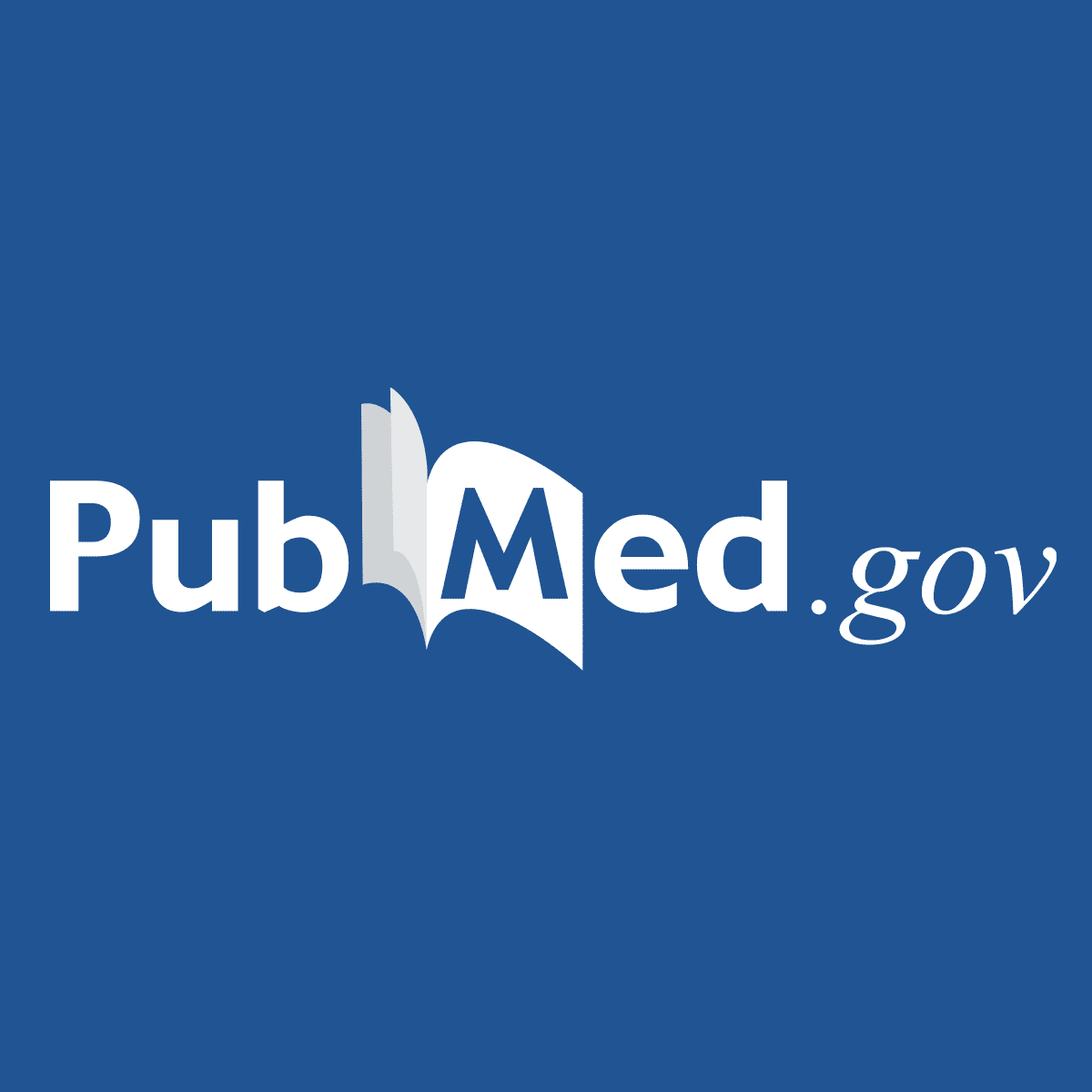P
Peatress
Guest
Thank you. Yes to olive leaf extract but no to policosanol besides what is contained in tocovits. Do you know a good source? Might as well try this.Have you tried policosanols or olive leaf extract? These are a couple of ideas I have listed in my notes.

